Tuesday, May 14, 2024
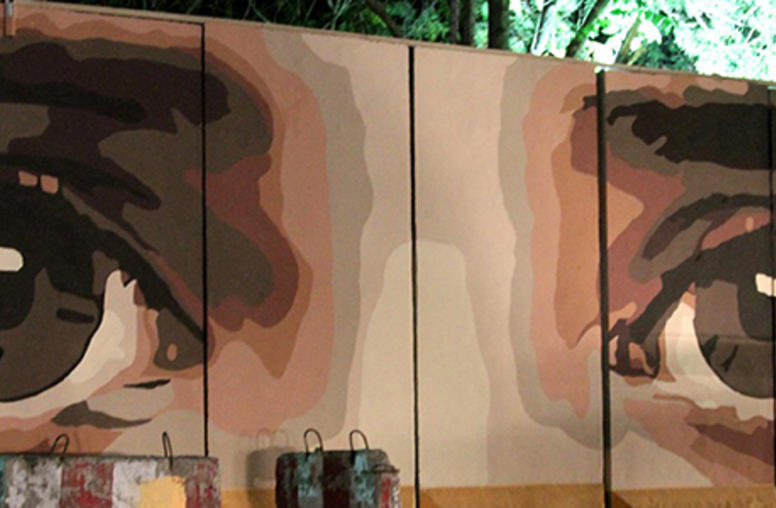
Deploying Art Against War
Artists and peace advocates are using public art to oppose violence, notably in Afghanistan, Pakistan and the Middle East. The results have varied, advocates say, but the art campaigns have worked to undermine extremists’ calls to violence, and helped communities heal the divisions of war. They have ignited public discussion of local conflicts and even triggered peacebuilding efforts. Art campaigners and peace advocates who have worked across the Middle East and South Asia discussed the uses—and the limits—of public art as a peacebuilding tool, in a recent forum at USIP.
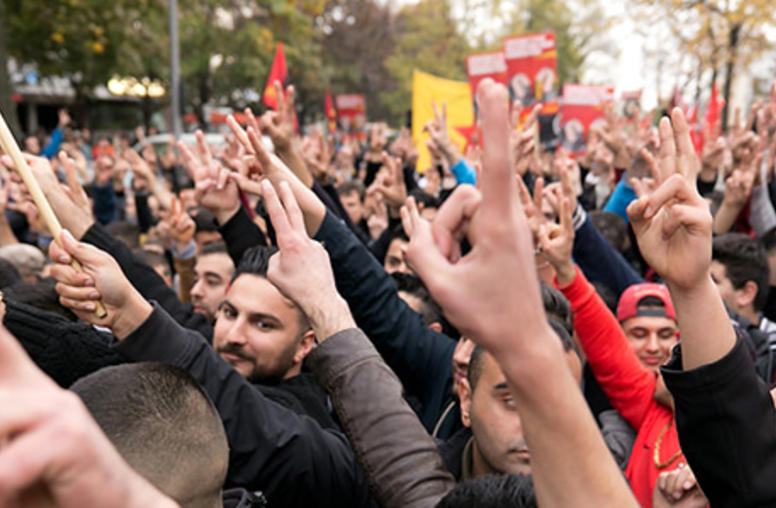
Defeating ISIS Through Civil Resistance?
The extremist group ISIS exhibits attributes of both an insurgency and a totalitarian regime. Even top U.S. generals acknowledge that military force alone is insufficient to degrade, much less defeat an organization that rules an area larger than the United Kingdom. ISIS will only be weakened through a multifaceted strategy combining diplomatic, economic, political and other means. Organized civilian action that aims to disrupt and deny the group’s key sources of power could be a critical par...
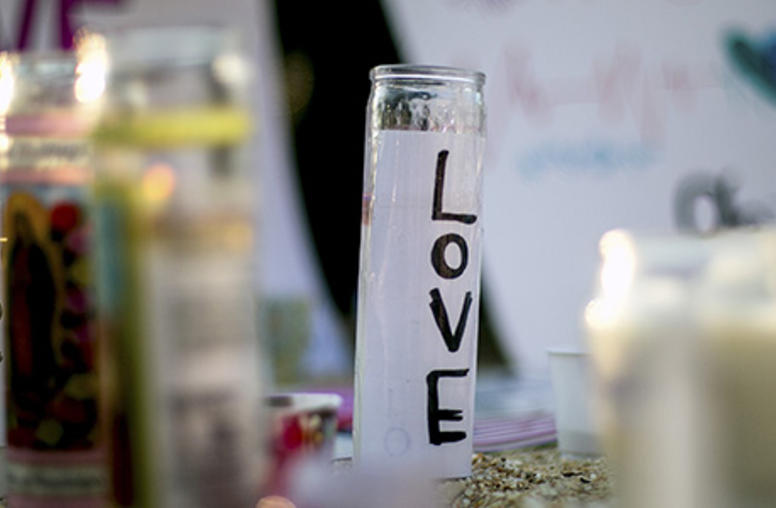
Muslims Condemn Orlando Attack
Across the United States, Muslims swiftly denounced the June 12 attack on a popular gay nightclub in Orlando, which killed more than four dozen people and injured 53. "This is a hate crime plain and simple," said Nihad Awad, Executive Director of the Council on American-Islamic Relations. "We condemn it in the strongest possible terms." The worst mass shooting in U.S. history also drew condemnation from Muslim nations and Islamist parties around the world. American Muslims also expressed soli...
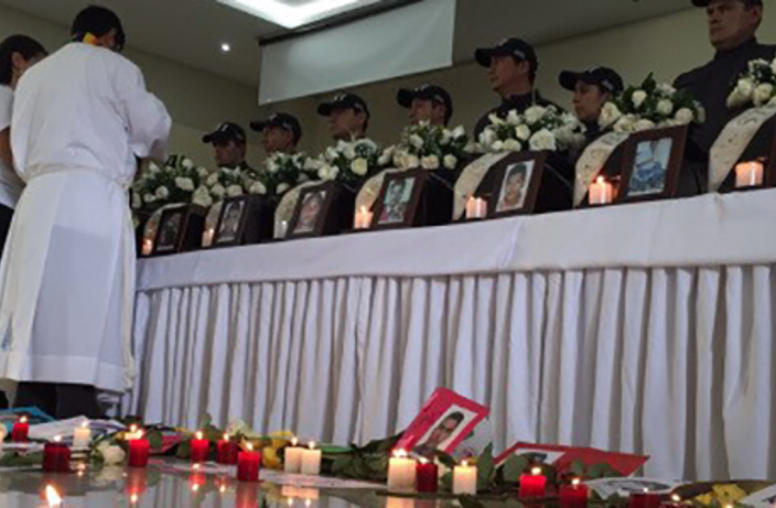
Colombia’s Disappeared: Assessing the Search for Truth
The tragedy of the “disappeared” in Colombia’s more than half-century of internal war cuts across the entire society. Among those who were forcibly seized and then vanished without further information are labor leaders and journalists, peasant organizers and politicians, urban and rural citizens. Soldiers and guerrillas are missing, too. The perpetrators include right-wing paramilitaries, leftist rebels and government security forces. In few other conflicts has the tactic of disappearance bee...
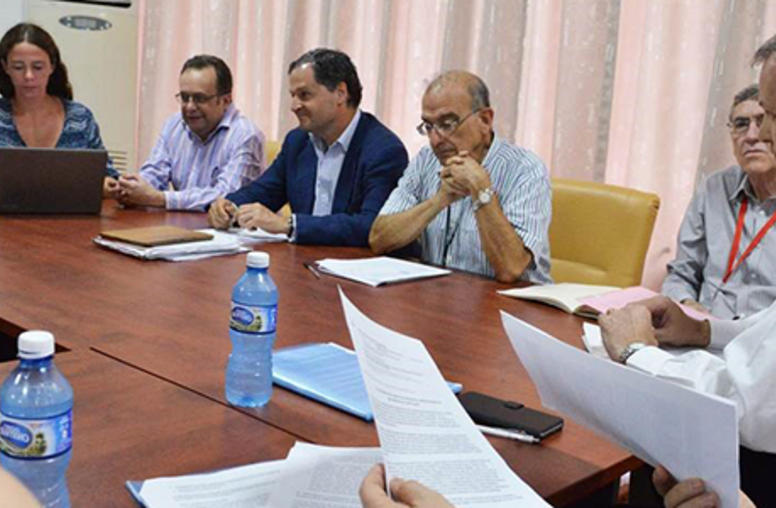
Colombia Peace Talks Quicken With New Deals
Colombia’s government and the country’s FARC-EP guerrillas are pressing ahead with peace talks at a pace that could yield a final agreement by the end of June. Having missed a self-imposed deadline of March 23, the two sides are working quickly through the remaining parts of an agenda set nearly four years ago, reaching accords this month on a process for Colombians to ratify a final agreement and a plan to remove minors from the battlefield.
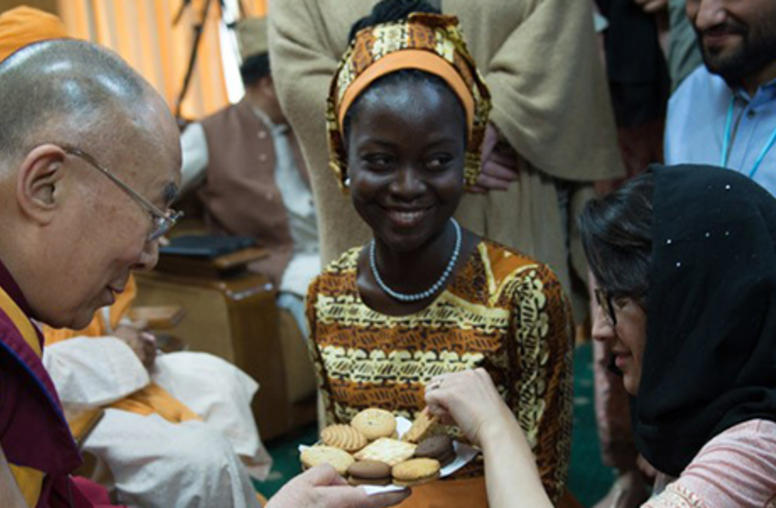
Dalai Lama Offers Hope to Youth Leaders—and Vice Versa
Violent conflict, often shaped by religious extremism, is concentrated in many of the world’s youngest populations, underscoring that a more peaceful world cannot be built without youth helping to lead. Five months after the United Nations formally urged governments to act on that idea, 28 young peace leaders from countries facing violence and extremism met the Tibetan Buddhist spiritual leader, the Dalai Lama, to work on making it happen.
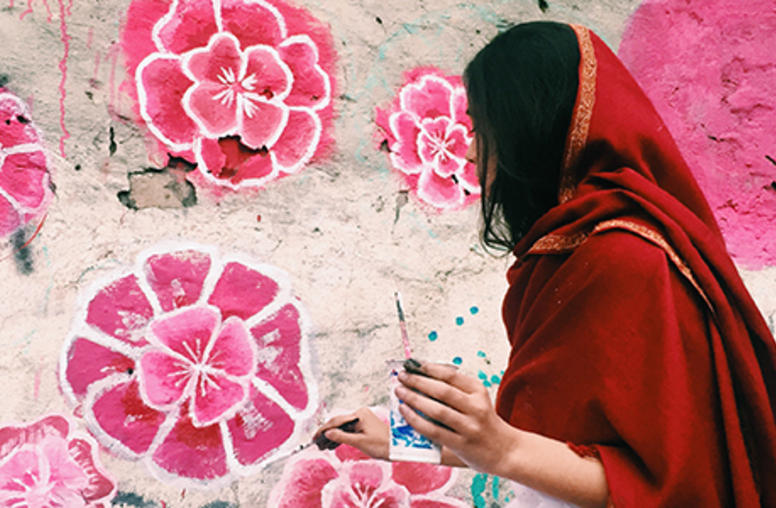
In Pakistan, Women Combat Gender Violence through Art
In Pakistan, a series of vibrant murals has gone viral, inciting discussion, online and in city streets, about gender-based violence and discrimination. Young women artists changed the landscape of the country’s largest cities as they worked with communities to turn local people’s stories into art that claims public spaces for messages of tolerance and peace.

Puzzled by China’s Foreign Policy? Look Inside Instead
The linchpin for better understanding China’s foreign policy may lie less in watching its external moves than in analyzing its domestic dynamics. While President Xi Jinping has taken a more assertive approach to foreign policy than his predecessors, he continues to spend most of his time on internal issues such as party consolidation, the anti-corruption campaign, military reform and economic growth. Those efforts, plus pressures from the party elite, public opinion and the military, create a...
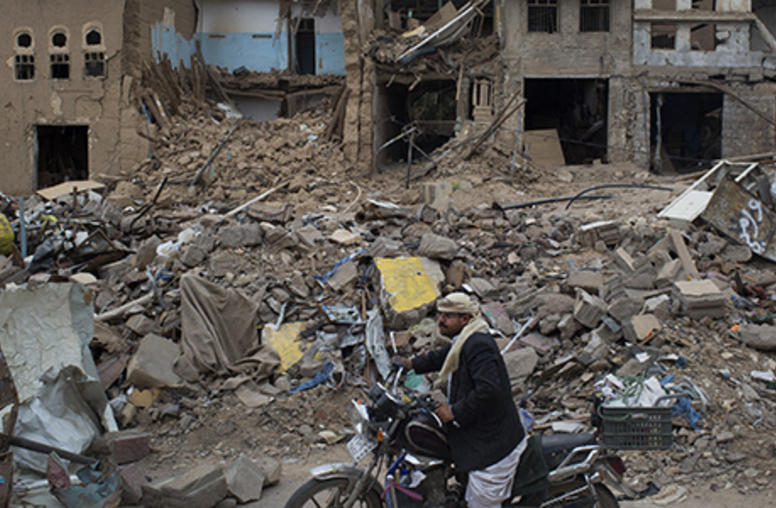
Dialogue Leaders Push Past Traumas of War, Determined to Grasp for Peace, Part 3
(cont’d from Part 1 and Part 2) At the center of some of the world’s most violent conflict zones, a cadre of civic leaders and scholars are defying cynicism and fatalism to achieve what few believe possible: facilitating sustainable negotiated agreements that forestall cycles of violence, allow people who’ve fled violence in their communities to return home, and establish new terms for peaceful cooperation.
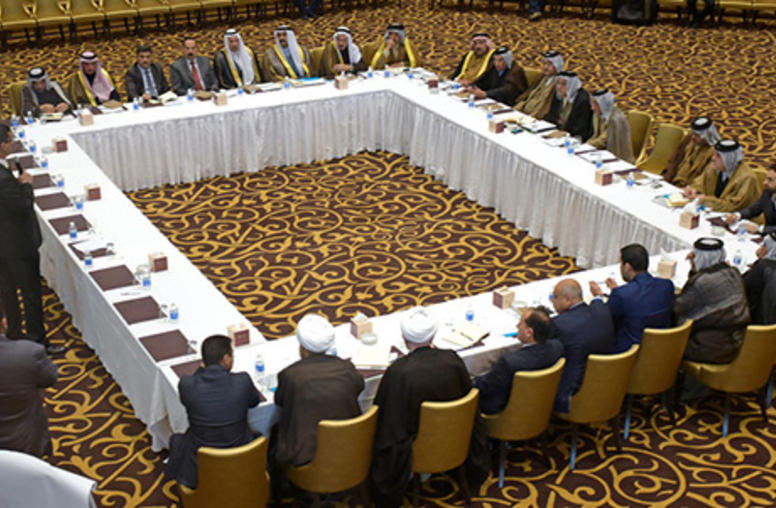
Dialogue Facilitators Reach for Tradition to Heal Modern Rifts, Part 2
(cont’d from Part 1) Zoughbi Zoughbi, an expert in mediation from the West Bank city of Bethlehem, likes to tell a story that reflects traditions in the region. It’s about a local man who gets angry because someone has taken his watch. An offer of compensation, even twice the value of the timepiece, won’t suffice, writes Zoughbi, a member of a U.S. Institute of Peace conflict resolution program in the Middle East and North Africa, in a handbook published by his non-profit organization. The v...
